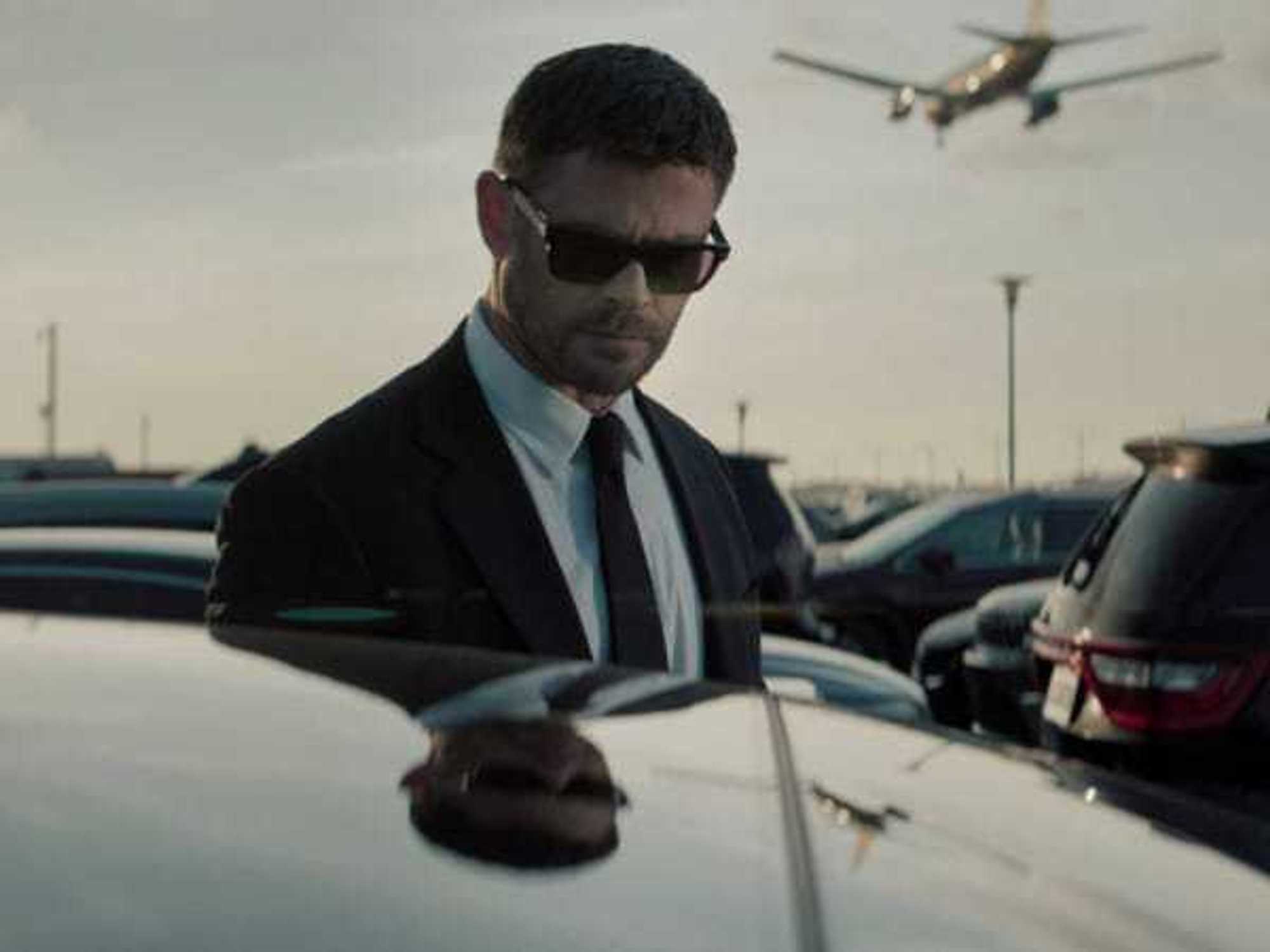Drive-In News
Buzzy drive-in trend cruises into Dallas at historic Fair Park

Drive-ins have become a hot entertainment trend during the ongoing coronavirus pandemic, and now they're cruising into Dallas, via a new series debuting at Fair Park.
Called the Spatially Distant Summer Series, it'll offer live music and "media experiences," which could include film screenings down the road.
The series will start August 14 and run every Friday and Saturday through September 5. The location is Lot 8 at Fair Park, at 2nd and Fitzhugh avenues, IE the parking lot that goes with/is just to the left of Dos Equis Pavilion. Vehicles will be spaced 15 feet apart, although attendees can sit outside on the left side of their car during the show.
Confirmed music acts so far include Skin and Bones Drum Cult on August 14 and Children of Indigo on August 15. Other acts still to be scheduled include Ishi and flow art by Pyre Fire.
The offering is done in partnership with The Capricorn Drive In, an entertainment start-up that hosts drive-in events featuring music, movies, and games.
Capricorn was formed in early April by Hyacinth Belcher as a way to continue live entertainment while allowing audiences to remain socially distant by attending events inside their vehicles.
"We are producing this series to hold onto a bit of our humanity in a COVID-safe environment," Belcher says in a statement. "We have worked through all of the contingencies to put together a logistically safe event, with precautions that we hope will become the new normal during this time."
Tickets range from $35-$50 per vehicle, and are on sale now for the first weekend at www.FairParkTix.com.
